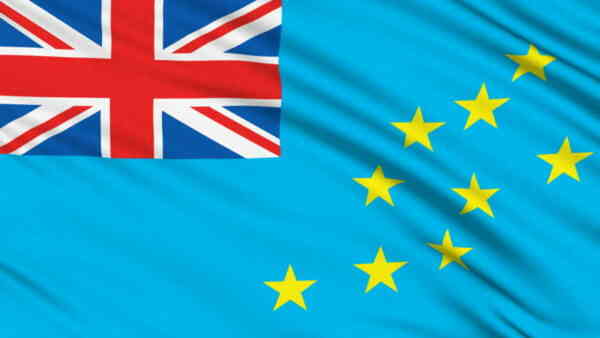The dwarf Polynesian state of Tuvalu is located on a group of nine atolls located in the Pacific Ocean. Nothing here — no wars, no infrastructure, no normal transport, no political upheavals… Time here seems to have stopped a long time ago. However, the locals look quite happy, as tourists who have been here always mention.
Interesting facts about Tuvalu
- The official head of Tuvalu is the Queen of England. In fact, the power belongs to the local elders.
- There is one elementary school on each of the nine islands. There is also one high school and one university.
- The total length of all roads suitable for cars in Tuvalu does not exceed eight kilometers.
- And there are no railways here at all.
- There is one airport in Tuvalu, but air traffic here can hardly be called regular. In addition, the only country where you can fly from Tuvalu — Republic of the Fiji Islands.
- There is not a single river in Tuvalu.
- The problem of lack of fresh water is very acute here.
- Due to the lack of free space for waste storage, local residents dump garbage directly into the ocean.
- The highest point in Tuvalu lies at an altitude of 5 meters above sea level. That is why raising the level of the world’s oceans will simply destroy the country. In the event of a rise in the water level, the entire population is supposed to be evacuated to New Zealand (interesting facts about New Zealand).
- The total land area of Tuvalu does not exceed 26 kilometers.
- Most of the locals are engaged in fishing. All fish caught is consumed domestically.
- There is not a single political party in Tuvalu.
- About 12 thousand people live on the islands, of which about a hundred — foreigners.
- Tuvalu is bilingual — Tuval and English.
- The country gained independence only in 1978.
- About 95% of the population of Tuvalu adhere to various branches of the Christian religion.
- Education in Tuvalu is free. Moreover — it is mandatory for children under the age of 15.
- Sale of domains in the national zone of the country —.tv — makes a good contribution to the local budget.
- Rain is the main source of fresh water in Tuvalu.
- Local residents bury their deceased in the courtyard of the house where the deceased lived.
